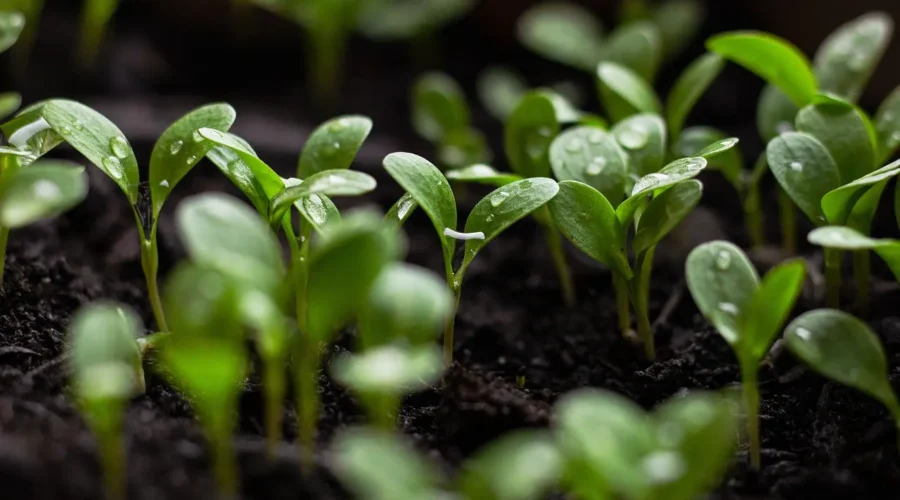Sustainability Made Simple: Easy Ways to Embrace Eco-Friendly Living
In today’s fast-paced world, the need for sustainable and eco-friendly practices has never been more crucial. Whether you’re looking to reduce your carbon footprint, save money, or simply live a greener life, there are easy steps everyone can take to create a more sustainable future. In this guide, we’ll walk through practical tips for eco-friendly living that are simple to incorporate into your daily routine.
1. Go Solar for Energy Efficiency
Harnessing the power of the sun through solar panels is one of the most effective ways to reduce reliance on non-renewable energy sources. Not only do solar panels significantly lower energy bills, but they also contribute to a greener planet by reducing greenhouse gas emissions. If installing a full solar system isn’t feasible, consider solar-powered outdoor lights or smaller solar chargers for your devices.
2. Adopt a Plant-Based Diet
Food production is one of the largest contributors to environmental degradation, with animal agriculture being particularly resource-intensive. Adopting a plant-based diet, even part-time, reduces your carbon footprint. Start by incorporating “Meatless Mondays” or transitioning to plant-based meals a few times a week.
3. Compost Organic Waste
Instead of sending food scraps and yard waste to the landfill, start a composting system in your backyard or kitchen. Composting turns organic waste into nutrient-rich soil, perfect for gardening. You’ll reduce the amount of trash you send to landfills and contribute to healthier plant growth in your garden.
4. Use Energy-Efficient Appliances
From refrigerators to light bulbs, energy-efficient appliances are key to reducing household energy consumption. Look for appliances with an ENERGY STAR® rating. Switching to LED light bulbs can also reduce your electricity usage significantly.
5. Conserve Water
Water conservation is another critical aspect of sustainable living. Installing water-efficient fixtures like low-flow showerheads and faucets can make a big difference. Additionally, using a rainwater collection system for gardening is a great way to reduce dependency on tap water.
6. Buy Second-Hand and Recycle
Before buying new, consider shopping second-hand. From clothing to furniture, buying used items keeps products out of landfills and reduces demand for new manufacturing. Always recycle paper, plastic, and metals when possible, and take advantage of local recycling programs.
7. Choose Sustainable Transportation
Reduce your carbon footprint by walking, biking, carpooling, or using public transportation instead of driving solo. For short trips, consider biking or walking to your destination. If you’re in the market for a new vehicle, consider hybrid or electric options.
8. Grow Your Own Food
Starting a small vegetable or herb garden not only provides fresh, organic produce but also helps reduce the carbon emissions linked to food transportation. Gardening can be done in your backyard, on a balcony, or even indoors with the right setup.
Final Thoughts
Living a more sustainable and eco-friendly lifestyle doesn’t require drastic changes. Small, everyday adjustments can collectively make a big impact on the environment. From reducing energy consumption to embracing plant-based diets, there are countless ways to contribute to a healthier planet. By starting small and building eco-friendly habits over time, you’ll not only improve your quality of life but also help ensure a sustainable future for generations to come.



